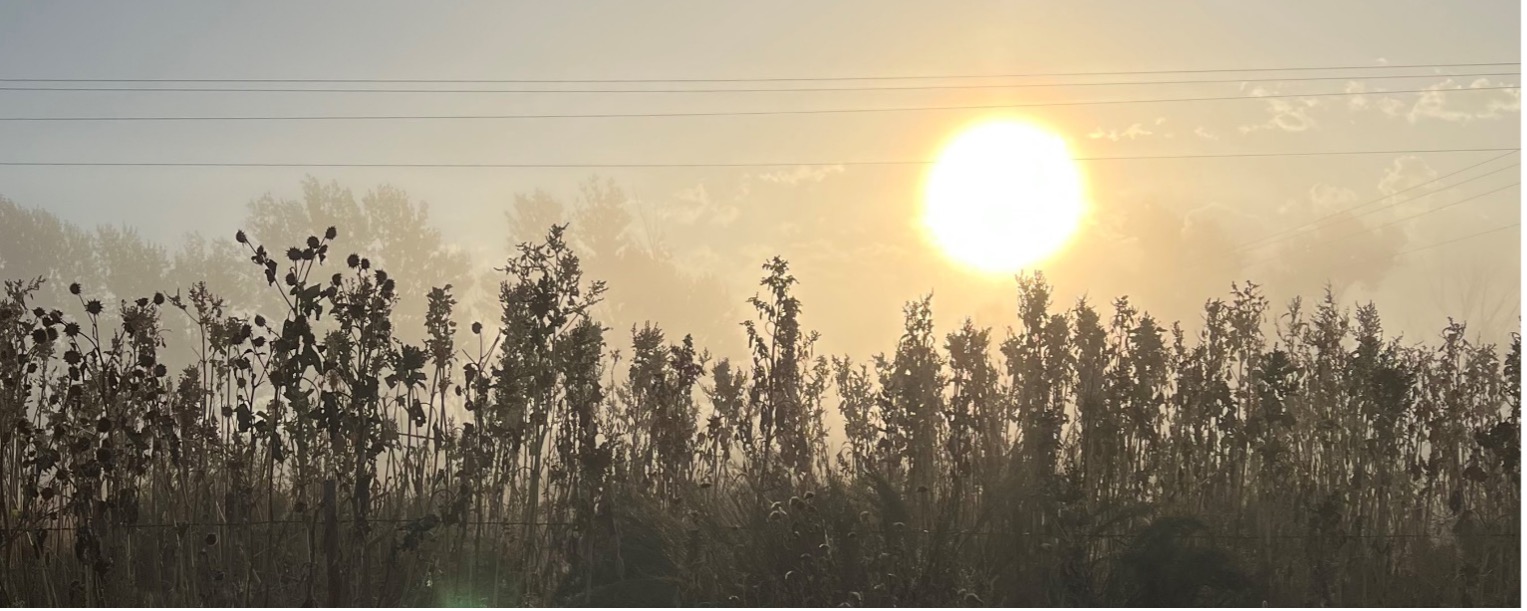COMET™
Communities face challenges in accessing mental health resources, often focusing on immediate crisis needs and suicide risk. Many individuals experience moderate depression or anxiety, which impacts their well-being. COMET (Changing Our Mental and Emotional Trajectory) addresses this gap by helping people in "vulnerable spaces" shift towards wellness before a crisis occurs.
Developed by the High Plains Research Network (HPRN) and HPRN Community Advisory Counsil in rural eastern Colorado, COMET was designed with input from mental health professionals and researchers. Supported by the Patient Centered Outcomes Research Institute, this partnership uncovered mental health needs in these communities. COMET empowers locals to support each other's mental health using a simple seven-question guide. This guide promotes conversations about well-being and is designed to be easy to teach.
COMET encourages supportive interactions among peers, aligning with rural values of neighbor helping neighbor. COMET strives to lessen our fear of engaging in potentially sensitive conversations and reduce the stigma of talking about mental, emotional and behavioral health. For more information, watch the video below on how COMET originated.
COMET Core Faculty
COMET Creators and the Community Advisory Council
COMET™ was developed by the High Plains Research Network (HPRN) Community Advisory Council (CAC), rural mental health professionals, and health researchers at the University of Colorado Department of Family Medicine – all who live and/or focus their work in rural eastern Colorado – out of dire concern for the mental and emotional well-being of their communities and lack of available, accessible treatment resources. With support from the Patient Centered Outcomes Research Institute, the partnership conducted a rigorous study on community members’ experiences seeking and obtaining care and support for a range of behavioral health needs. Using an Appreciative Inquiry (AI) approach, the HPRN explored what was working for eastern Colorado community members around accessing mental health care, and translated the AI data into messages and materials that were locally relevant, effective, and sustainable in those rural communities. This research identified key concepts and applied findings to develop the seven-component conversation guide.

- Colorado Sun:
How Colorado Training Programs Aim To Cut Mental Health Care Stigma Among Farmers And Ranchers
- The Burlington Record:
How COMET Has Helped Northeastern Colorado's Mental Health
- New York Times:
How Farmers In Colorado Are Taking Care Of Their Mental Health
- Sterling Journal Advocate:
Locally Developed Training To Address Mental Health Issues
Contact:Email us for more information! |







